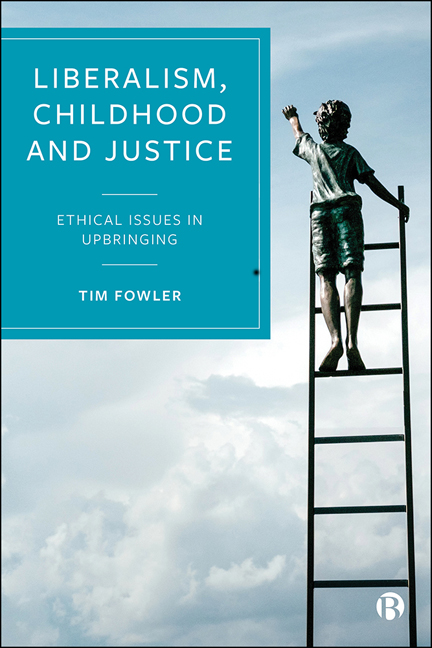6 - The Case against Neutrality
Published online by Cambridge University Press: 25 February 2021
Summary
In this chapter my aim is to show why the leading arguments in favour of liberal neutrality fail and are particularly problematic in the case of children. As we saw at the end of Part II, developing a metric of children's flourishing is hindered if it is impermissible to take a stand on contested ethical questions. Here I argue that there are no good grounds to justify the neutrality restriction. In the ongoing argument these discussions create the space for a perfectionist theory of upbringing. According to such a theory, children are owed an environment conducive to their flourishing according to the best available theory of well-being.
Terminology
Before beginning the discussion of liberal neutrality it is worth briefly adumbrating the relevant terminology and some core features of the relevant theories. I use the term ‘liberal neutralists’ to refer to any theorist who accepts the principle of neutrality, defined as the view that ‘the justification for laws and policies must not rely on any contested conception of the good’. A ‘conception of the good’ is a set of beliefs and commitments about what human flourishing requires. The most widely discussed liberal neutralists are a group of theorists known as ‘political liberals’, following Rawls’ characterization of this position. Political liberalism is a complex view, but the essential argument is that the state, and all principles of justice that govern state behaviour, must remain neutral because of ‘the fact of reasonable pluralism’. Disagreement about ethics is the natural result of human reason under conditions of freedom, such that in any free society we should expect disagreements about morality or ethics among reasonable people. The word ‘reasonable’ here refers to people who are acting in good faith and who accept that others may disagree with them about ethics. This disagreement justifies neutrality because of the liberal principle of legitimacy, according to which the use of public power must be justified to all citizens in terms they can reasonably accept. I explore this principle in more depth later in the chapter, but in brief Rawls believes that citizens can reasonably reject laws premised on ethical beliefs they do not share.
- Type
- Chapter
- Information
- Liberalism, Childhood and JusticeEthical Issues in Upbringing, pp. 55 - 66Publisher: Bristol University PressPrint publication year: 2020



